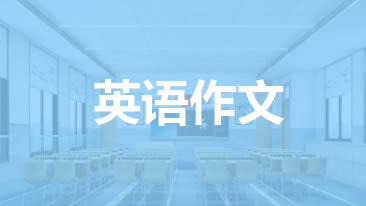
中国春节拜年风俗Pay a New Year Call(插图)

An important activity during the Spring Festival is bainian (to pay a New Year call). People start to pay New Year calls from the lunar New Year's Day, that is, the first day of the first month of the lunar calendar. Ever since the Ming Dynasty in the 14th century, ordinary people have begun to exchange greeting cards on this day.
春节期间的重要活动是拜年。人们从农历新年,也就是,农历的第一个月的第一天就开始拜年了。自从十四世纪明朝开始普通人在这一天也开始交换贺卡。
On the morning of the lunar New Year's Day, people get up very early and call on others. The earlier one does so, the more sincere he is. Moreover, people wear new clothes and a new cap, symbolizing that a new year has begun.
在农历新年的早上,人们起得很早拜访别人。越早越有诚意。此外,人们还会穿上新衣服,戴新帽,这象征着新的一年开始了。
The younger generation should call on their elders first, such as the grandfather, grandmother, father and mother, wishing them "Good health" and "Long life". Then the elders give children some money in a red envelope as a New Year gift. After that, people call on their relatives, friends and neighbors. As "big tangerine" is a homonym for "very lucky" in Chinese, so people often present red big tangerines as a gift while paying a New Year call.
年轻的一代去拜访他们的长辈,如爷爷,奶奶,爸爸,妈妈,祝他们"健康"、"长寿"。然后,长辈会给孩子们红包作为新年礼物。在那之后,人们给亲戚,朋友和邻居拜年。由于"大橘子"是"很幸运"的中文谐音,所以人们常常把红色大橘子作为拜年礼物。
Nowadays, besides greeting cards, people also use telephones and e-mails to pay New Year calls.
如今,除了贺卡,人们还用电话和电子邮件进行拜年。
 本文地址:
本文地址: